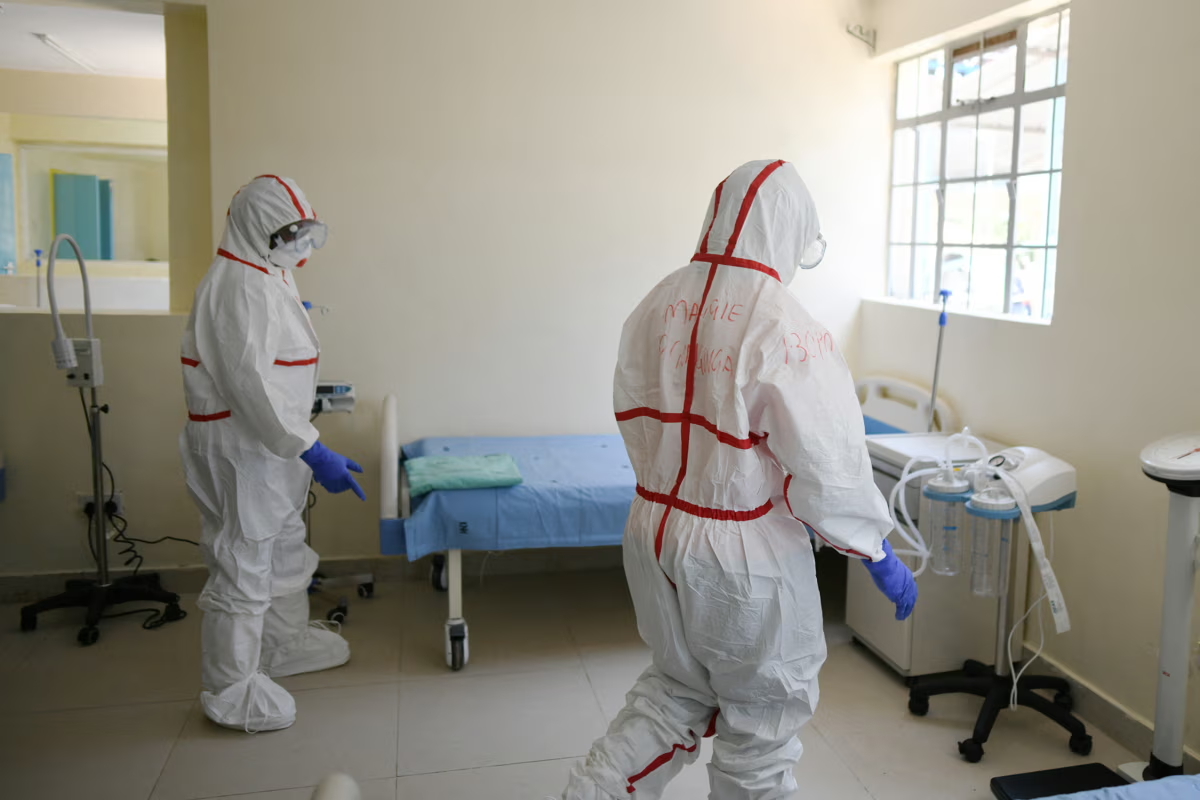
Deadly Marburg virus outbreak in Rwanda has health officials on high alert
By Melissa Rudy
Amid reports of a deadly viral outbreak in Central Africa, researchers are reportedly scrambling to develop treatments and vaccines to combat the Marburg Virus.
As of Sept. 30, 2024, the country of Rwanda — which is bordered by Uganda, Tanzania, Burundi and the Democratic Republic of the Congo — has reported 27 cases of the virus and nine subsequent deaths, according to the Centers for Disease Control and Prevention (CDC).
Most of the cases have affected health care workers at two health facilities in the city of Kigali, the same source stated.
The patients are being cared for in hospitals, as noted by the World Health Organization (WHO) on Sept. 29.
"Contact tracing is underway, with 300 contacts under follow-up," WHO stated.
This is the first time the M...










